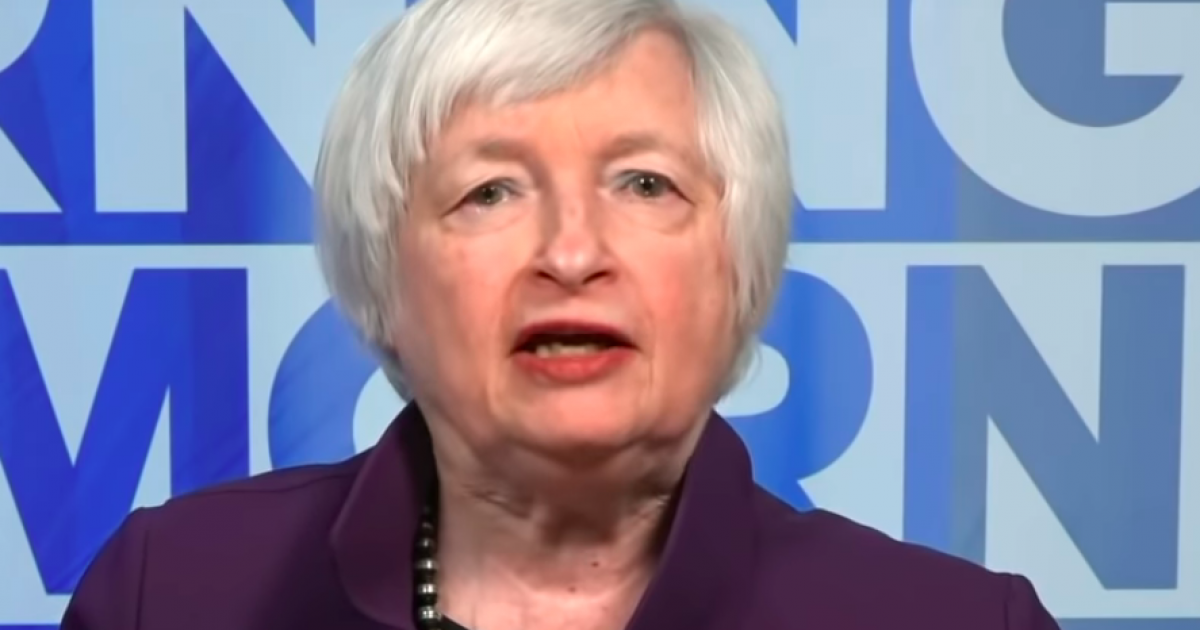
Cryptocurrencies are here to stay.
The same 21st century that brought us the mass proliferation of Internet usage, is now potentially giving billions of people free market options for money.
Naturally, the political class wants to ruin the fun. On January 19, 2021, Treasury Secretary, right before she was confirmed as Treasury Secretary, floated the idea of cracking down on Bitcoin and cryptocurrencies in the wake of Bitcoin’s meteoric price increase.
Yellen argued last month that lawmakers could potentially “curtail” the use of cryptocurrencies such as Bitcoin because they could potentially be used in illegal activities.
Over the past year. Bitcoin’s price has soared over the last year. To put this in perspective, on February 6, 2020, Bitcoin stood at nearly $9,700. Fast forward to exactly one year later, Bitcoin is now around $40,300.
Yellen wants the U.S. government to be firmer with regards to the use of regulations against cryptocurrencies. Worldwide, major institutions have voiced their concerns about Bitcoin and other cryptocurrencies with regards to the perceived threats they pose to economic stability and national security.
New Hampshire Senator Maggie Hassan questioned Yellen during her confirmation hearing about terrorists using cryptos.
“You’re absolutely right that the technologies to accomplish this change over time, and we need to make sure that our methods for dealing with these matters, with terrorist financing, change along with changing technology,” Yellen remarked.
“Cryptocurrencies are a particular concern. I think many are used – at least in a transaction sense – mainly for illicit financing. And I think we really need to examine ways in which we can curtail their use and make sure that money laundering doesn’t occur through those channels.”
Yellen’s statement was similar to that of ECB President Christine Lagarde, who recently said that Bitcoin was used for some “totally reprehensible money-laundering activity.”
Prominent investors like Warren Buffet have manifested similar concerns. Last year Buffet said that “Bitcoin has been used to move around a fair amount of money illegally.” He quipped that investors should “go short suitcases,” given how criminals would no longer need to use them for carrying cash.
Cryptos are in essence digital currencies that don’t come in a physical shape and are not subject to the control of a centralized authority such as a central bank. However, this fearmongering logic can easily apply to the digital currencies that central banks and governments themselves promote. Criminals will use whatever means possible to transact in currencies.
Cryptos like Bitcoin at the very least offer a unique value proposition of being a safeguard against the debasement of national currencies, especially in times when governments are engaging in massive spending binges and expansionary monetary policies.
Yellen and company just want the fiat system in place to protect their loot and prevent any form of sound money from competing with the current fiat standard. Bitcoin may not be the answer to fiat, but any money that emerges on the free market is a welcome development.



